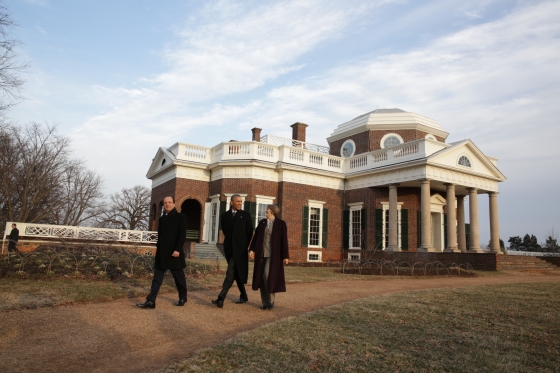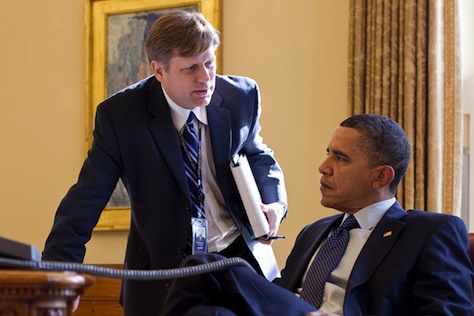In the wee foggy hours of January 21, 1994, a speeding Mercedes crashed on the highway en route to Damascus International Airport.![]()
Its driver was 31-year-old Bassel al-Assad, the eldest son of Syria’s president, Hafez al-Assad, and he died instantly. His death scrambled what had been a long-planned succession for Syria’s aging ruler. From an early age, it had always been clear that Hafez was grooming Bassel — by far, the most popular and charismatic of Hafez’s sons — to succeed him.
His death forced Hafez to switch plans, despite more than a decade of work preparing Syria for Bassel’s eventual ascension and preparing Bassel to one day rule Syria with the same grip as his father had.
Bashar al-Assad, Bassel’s younger brother, was immediately recalled from London, where he had lived for two years engaged in post-graduate studies as an ophthalmologist. For the next six years, until his father’s death, Bashar underwent a transformation to prepare to take the reins of the family business.
Like Che Guevara in Cuba, Bassel’s face routinely greets everyday Syrians alongside Bashar and Hafez. Or at least it does in what little Syrian territory remains dominated by the Assad regime these days. As Syria’s hell continues through its fourth year, many Syrians must wonder whether their lives would have turned out differently under the other Assad son.
So as Russian fighter jets land at Bassel al-Assad airport in an escalating effort this month to boost the struggling Assad regime, it’s tantalizing to wonder what might have happened if the Latakia airport’s namesake had survived.
As Roula Khalaf wrote for The Financial Times in 2012, no one ever expected Bashar to one day become Syria’s president — least of all, probably, Bashar himself:
“Growing up, Bashar was overshadowed by Bassel,” says Ayman Abdelnour, a former adviser who got to know Assad during his university years. “That seemed to be a complex – he didn’t have the charisma of Bassel, who was sporty, was liked by girls and was the head of the Syrian Computer Society.” Bashar was “shy; he used to speak softly, with a low voice. He never asked about institutions or government affairs.” Assad was also close to his mother, Anisa Makhlouf, whose family played a central part in the regime. “A mama’s boy more than a papa’s boy,” is how one western politician describes the president.
In 2000, ready or not, Bashar assumed the presidency at age 35.
Even before Syria’s civil war began in 2011, the eye doctor-turned-strongman showed signs of weakness. There was an initial period of political freedom in the first year of his regime — though the period became known as the ‘Damascus Spring,’ the term now rankles with irony, and the thaw on political dissent clearly ended by 2002. In the wake of the US military’s overthrow of Iraqi president Saddam Hussein, the remaining Ba’athist regime in the Middle East, Assad spent much of 2003 and 2004 worried that neoconservatives might attack him next (a fear that was not entirely unfounded).
Bashar’s biggest miscalculation came in Lebanon, where nearly everyone believes Syrian forces assassinated former prime minister Rafic Hariri in 2005, a galvanizing moment for Lebanon that generated backlash among Lebanese of all backgrounds and religions. Ultimately, the furor over Hariri’s shooting forced Bashar to withdraw the Syrian troops that had occupied much of the country since Lebanon’s own civil war began in 1976.
Continue reading How Syria’s turmoil is rooted in an early-morning 1994 car crash
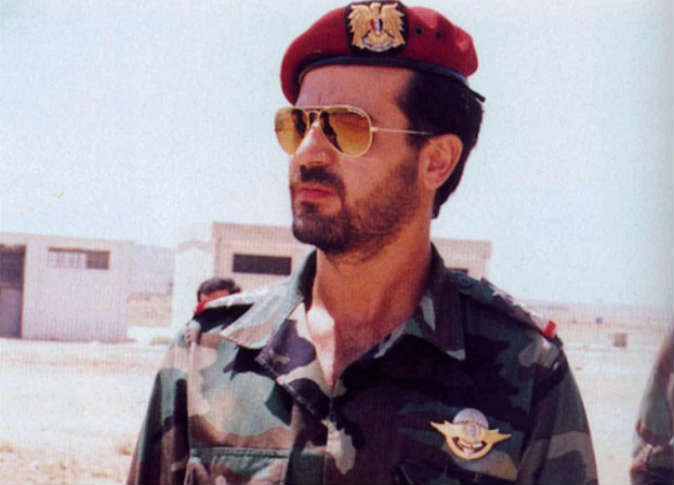
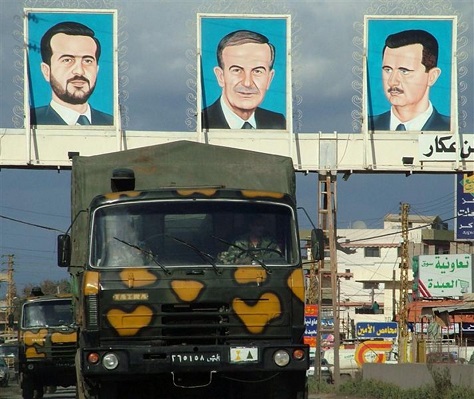
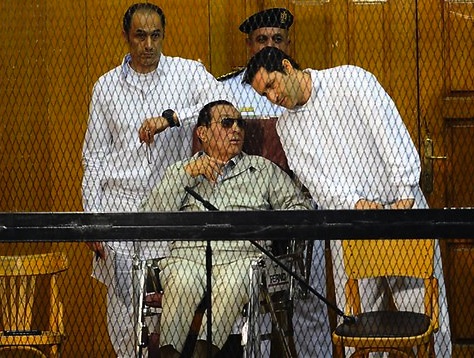


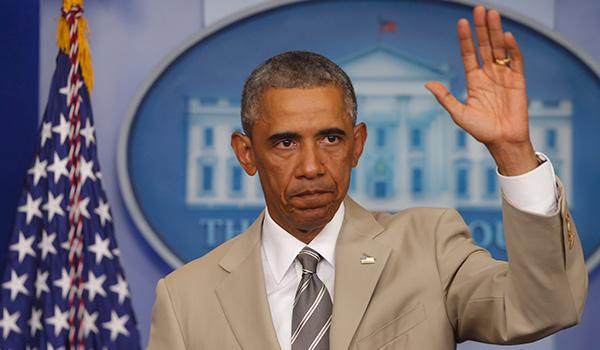
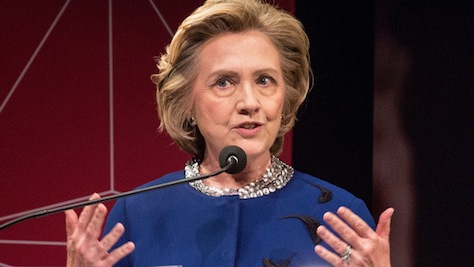
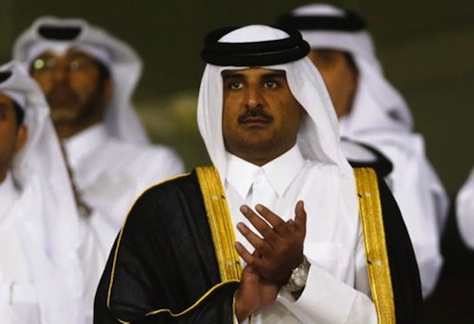


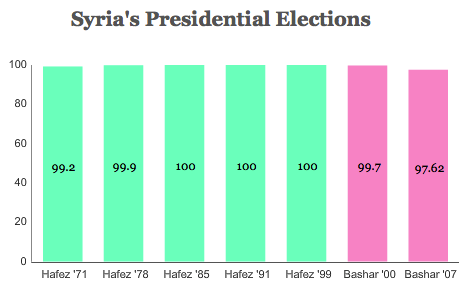
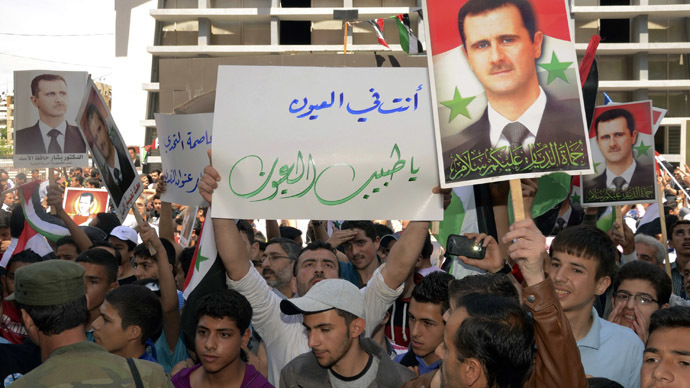
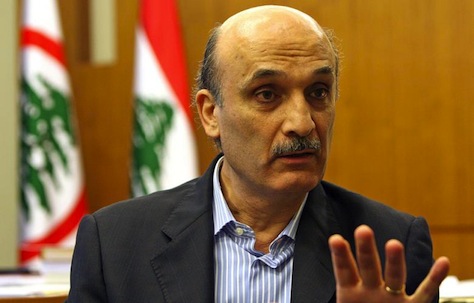
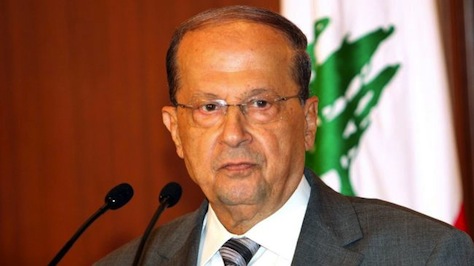 With the term of Lebanese president Michel Suleiman set to expire on May 25, the country’s 128-member parliament will convene tomorrow, April 23, for the first of what will likely be weeks of voting and negotiating to select a replacement.
With the term of Lebanese president Michel Suleiman set to expire on May 25, the country’s 128-member parliament will convene tomorrow, April 23, for the first of what will likely be weeks of voting and negotiating to select a replacement.
